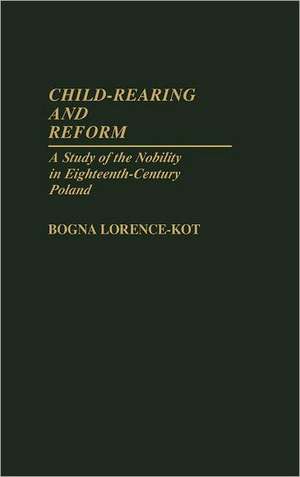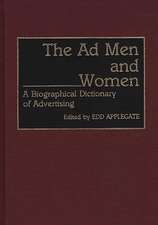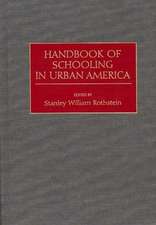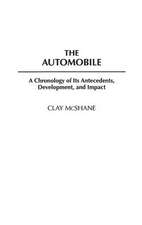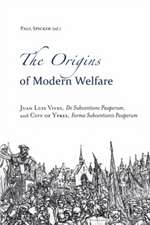Child-Rearing and Reform: A Study of the Nobility in Eighteenth-Century Poland: Contributions in Drama and Theatre Studies,, cartea 9
Autor Bogna Lorence-Kot, Bogna Koten Limba Engleză Hardback – 31 iul 1985
The author analyzes the nature of child-rearing in eighteenth-century Poland and its linkage to the reform movements that swept the country after the first partition in 1772. She finds that family behavior cannot be separated from politics in Polish society: in fact, education and child-rearing were major issues in the reform movement of the 1770s. Lorence-Kot shows where Poland lagged behind Western Europe, and how various reformers proposed to advance Polish society through new methods of raising children in the upper classes. The resistant attitudes of Polish parents are examined in detail, as are their attitudes toward their children, corporal punishment, schooling, and other child-related issues. The author explores the push for a wholesale adoption of French models of child-care and education, as well as the later reforms which met with the modern demands of European society.
Din seria Contributions in Drama and Theatre Studies,
- 38%
 Preț: 438.49 lei
Preț: 438.49 lei - 38%
 Preț: 436.63 lei
Preț: 436.63 lei - 38%
 Preț: 436.13 lei
Preț: 436.13 lei - 38%
 Preț: 437.00 lei
Preț: 437.00 lei - 24%
 Preț: 362.84 lei
Preț: 362.84 lei - 28%
 Preț: 460.64 lei
Preț: 460.64 lei - 38%
 Preț: 437.57 lei
Preț: 437.57 lei - 33%
 Preț: 322.49 lei
Preț: 322.49 lei - 38%
 Preț: 437.23 lei
Preț: 437.23 lei - 34%
 Preț: 319.53 lei
Preț: 319.53 lei - 38%
 Preț: 342.42 lei
Preț: 342.42 lei - 42%
 Preț: 300.41 lei
Preț: 300.41 lei - 38%
 Preț: 437.57 lei
Preț: 437.57 lei - 28%
 Preț: 437.49 lei
Preț: 437.49 lei - 38%
 Preț: 344.11 lei
Preț: 344.11 lei - 39%
 Preț: 405.45 lei
Preț: 405.45 lei - 24%
 Preț: 362.24 lei
Preț: 362.24 lei - 38%
 Preț: 436.31 lei
Preț: 436.31 lei - 35%
 Preț: 240.01 lei
Preț: 240.01 lei - 38%
 Preț: 436.13 lei
Preț: 436.13 lei - 26%
 Preț: 307.01 lei
Preț: 307.01 lei - 19%
 Preț: 491.79 lei
Preț: 491.79 lei - 38%
 Preț: 437.57 lei
Preț: 437.57 lei - 38%
 Preț: 436.13 lei
Preț: 436.13 lei - 28%
 Preț: 460.23 lei
Preț: 460.23 lei
Preț: 435.48 lei
Preț vechi: 706.81 lei
-38% Nou
83.35€ • 87.44$ • 69.14£
Carte tipărită la comandă
Livrare economică 29 ianuarie-12 februarie 25
Specificații
ISBN-10: 0313245002
Pagini: 170
Dimensiuni: 156 x 234 x 11 mm
Greutate: 0.43 kg
Editura: Greenwood
Seria Contributions in Drama and Theatre Studies,
